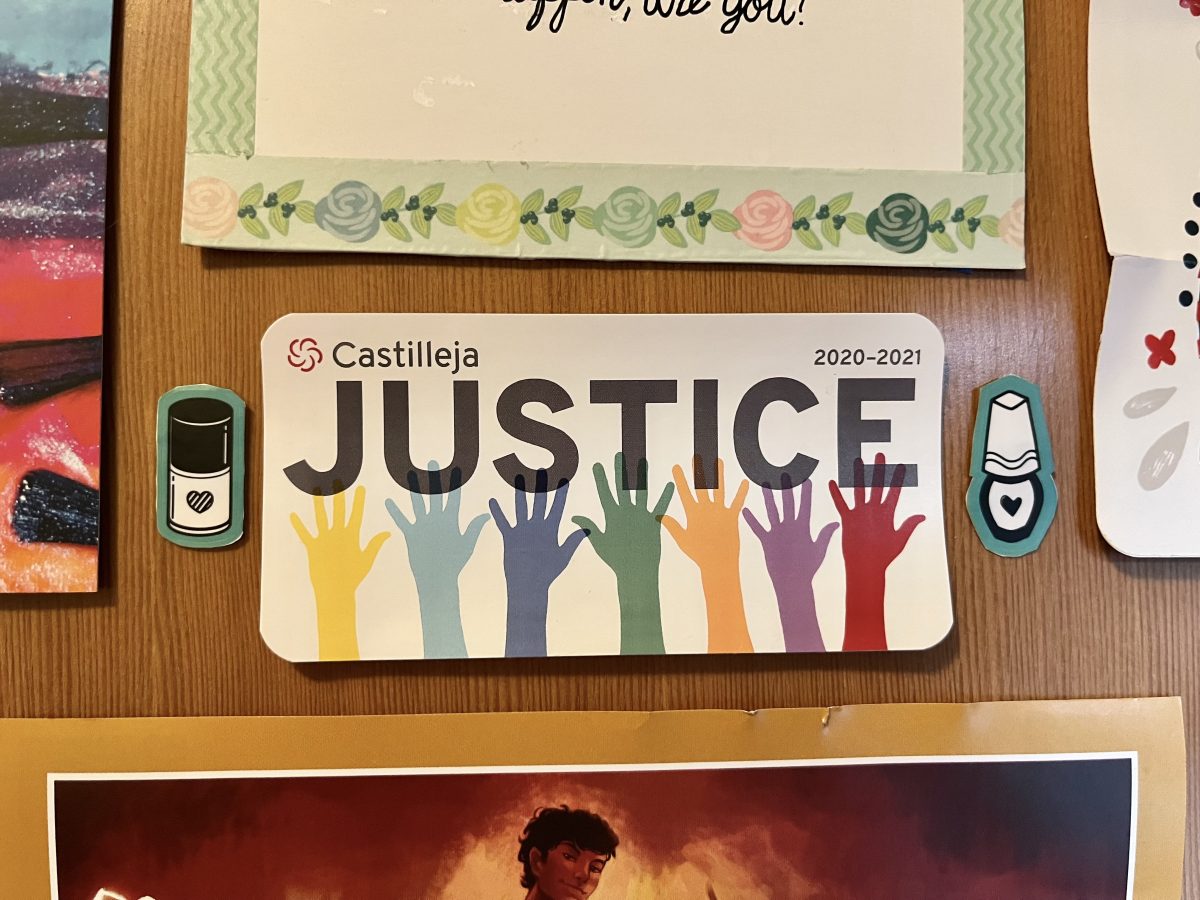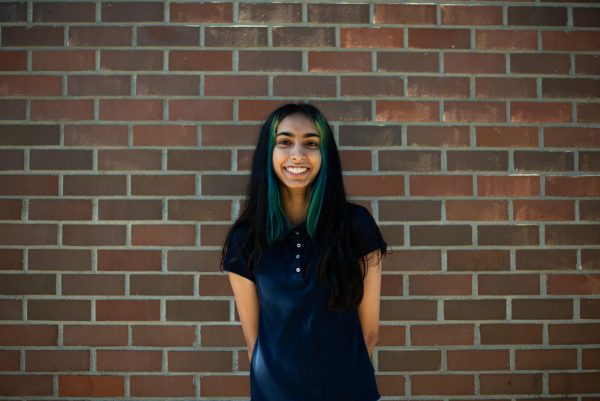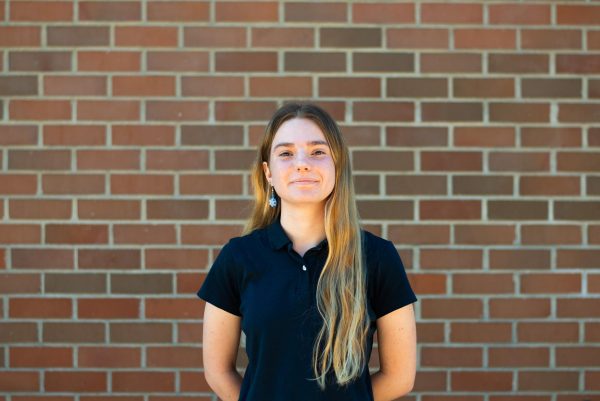The Diversity, Equity & Inclusion Leadership Council (the DEILC) presented its first committee updates at Upper School Meeting Nov. 14. The DEILC is composed of eight committees, each led by a committee chair responsible for facilitating committee meetings and organizing delegates in furthering their specific goals about inclusion and justice around campus.
Hannah Nguyễn, who started at Castilleja last year as the Director of DEIJ, conceptualized the Council based on her activism at USC, her alma mater. “We advocated for more resources for students of color and other marginalized student populations on campus through a diversity task force that we established when I was there. This was something that represented all the interests and needs of the affinity groups,” she said.
Nguyễn said her goal was to establish a lasting structure at Castilleja that would give students similar opportunities. The Council allows its members to identify issues they find to be the most pressing from the student perspective and take action with faculty support. Committee foci this year range from equity in hiring and admissions to inclusive language in Castilleja texts.
Nane Tofavaha ’24, chair of the Family, Collaboration & Access subcommittee, said she initially only applied as a delegate. “I trusted that my peers would create meaningful committees that I would be happy to join,” she said. “But during the interview process, Ms. Nguyễn asked me, ‘What is an issue at Castilleja that you’d like to fix?’ I basically talked about [my current committee].” Tofavaha said she expressed interest in being a chair after the interview and was accepted for the role.
“[The council] isn’t just one position that’s visible, but it is a collective, and I think there’s power in community,” Nguyễn said. “These are issues that students have identified that students are passionate about, and they are driving the advocacy work. It is paramount that students are given a seat at the table when it comes to decisions that impact them.”
Nguyễn said the task force she helped establish at USC has since expanded to include head administrators of almost every department on campus. “My vision, hopefully, is that one day faculty and admin [at Castilleja] will be a part of the DEI Leadership Council as well. And that they will work hand in hand with students and see them as voices that are important to be included in these major decisions about their education, ultimately, and their student experience.”
From the canceled move to the Sixth C article, Tzewa Dingpontsawa ’24, co-chair of the Board & Administration subcommittee, said she believes that transparency between faculty, administration and the student body are all the more relevant at Castilleja today. “I just found it really important to me that student voices were heard in the realm of DEIJ,” she said.
Nguyễn said she is excited about some of the new committees this year, particularly Tofavaha’s subcommittee tackling family access, which she said she hopes will support students overlooked or in the minority. “I think it’ll be really beautiful for them to see actual steps being taken so that their families feel like more part of the Castilleja community, whether there’s a language barrier or an accessibility barrier,” she said.
“I’ve never seen my parents fully engaged with the school,” Tofavaha said. “They didn’t feel like they completely belonged in the Casti community, and that has a lot to do with language and economic differences, and I just think that’s a shame. I think it’s a shame when parents don’t feel like they can thrive in a community that their students have to, basically. A lot of my friends have shared the same sentiments.”
“This is going to be a hard issue to face, because it’s so nuanced, but I’m committed, and so are all the people that signed up for the committee. No one else is thinking about it, so we will. And we’ll see it through,” Tofavaha said.
When it comes to the future of the DEILC, Nguyễn said she is prioritizing student leadership. “I just want [the chairs and delegates] to see their goals come to fruition. And even if they don’t fully come to fruition, that they learn the value of planting seeds. Change doesn’t happen very quickly. It can be frustrating,” she said. “I think I have really had to unlearn that and focus on imagining what could be, even if it felt really far-fetched—and I think about what we have now, right, and how probably my ancestors thought that would have been really far-fetched.”
“I just want students to be able to have that imagination, and have the perseverance or resilience to be able to continue the work even beyond Castilleja, and know that what they started here has a legacy that will be continued. And they had a role in building that legacy.”




